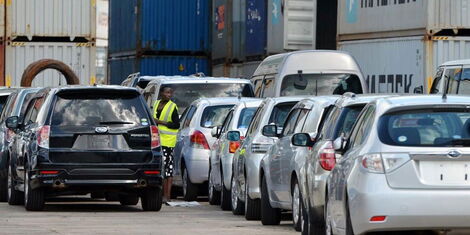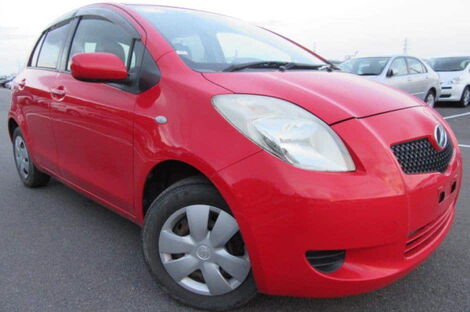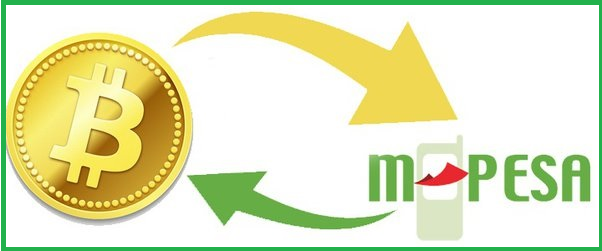Autobazaars and car dealers have hiked the prices of imported vehicles in the country.
On Friday, February 10, car dealers lamented that the weakening shilling had piled pressure on them, forcing them to increase the prices of their automobiles.
According to Edward Gachani, a car dealer, despite prices stabilising in the manufacturing countries such as Japan and Germany, the weakening Kenyan shilling had compelled them to pass the higher costs to car buyers.
“The prices have really shot not because the prices have increased in Japan but because of the dollar exchange rate,” Gachani stated.

With the shifting trend, car dealers noted that they had resolved to import less costly vehicles to attract buyers and maintain the balance with second-hand cars in the country.
He expressed concern over the shifting trend where Kenyans prefer buying second-hand cars to imported ones due to the weakening Kenyan shilling.
Their data shows Volkswagen, Land cruiser Prado and Toyota Rush were Kenyans’ most-bought, brand-new personal vehicles in 2022.
Most buyers also reportedly embraced affordable Sports Utility Vehicles (SUVs) due to their compatibility and features.
Car dealers expressed fear that the trend was set to dwindle in the 2023 financial year due to the weakening of the Kenyan shilling.
They also noted that high fuel prices in the country were also set to affect the purchase of imported cars.
Furthermore, the dealers indicated that the trend was set to affect Kenya’s debt repayment.
Besides the extra burden on debt service, which hits taxpayers who will shoulder the weight, the weakening shilling also means higher prices for imported commodities, since importers largely buy dollars to pay for the goods.
The indicative exchange rates by the Central Bank of Kenya (CBK) showed the US dollar trades at Ksh127.07.

Source: kENYANS.CO.KE











